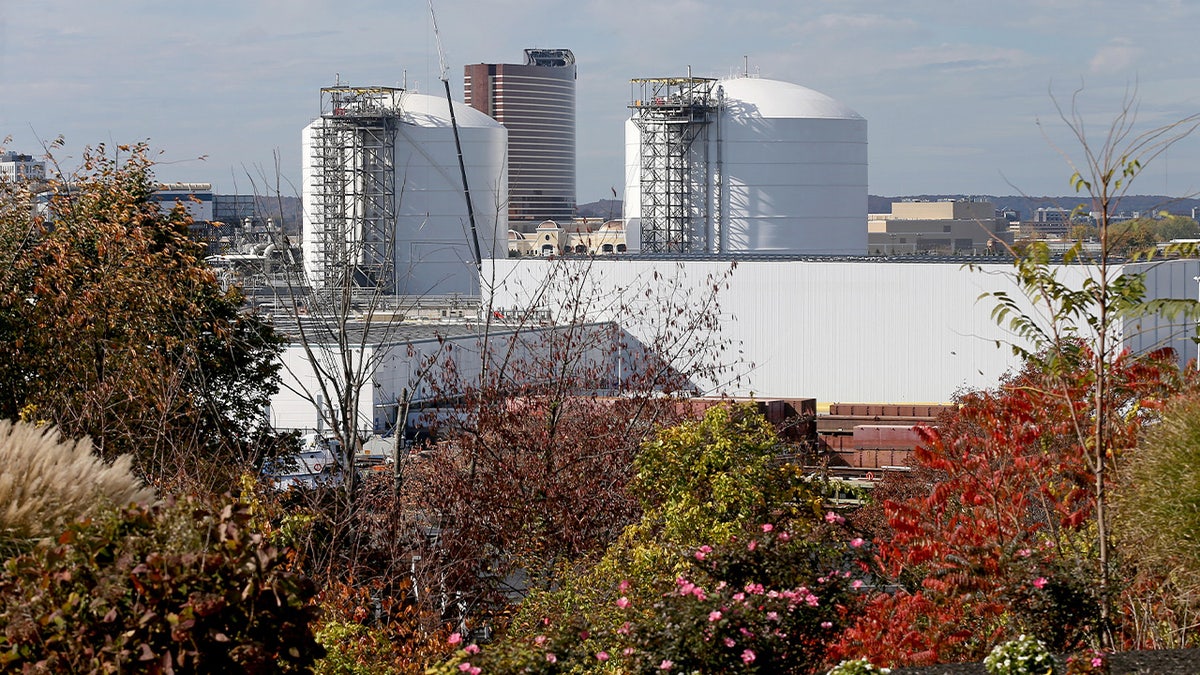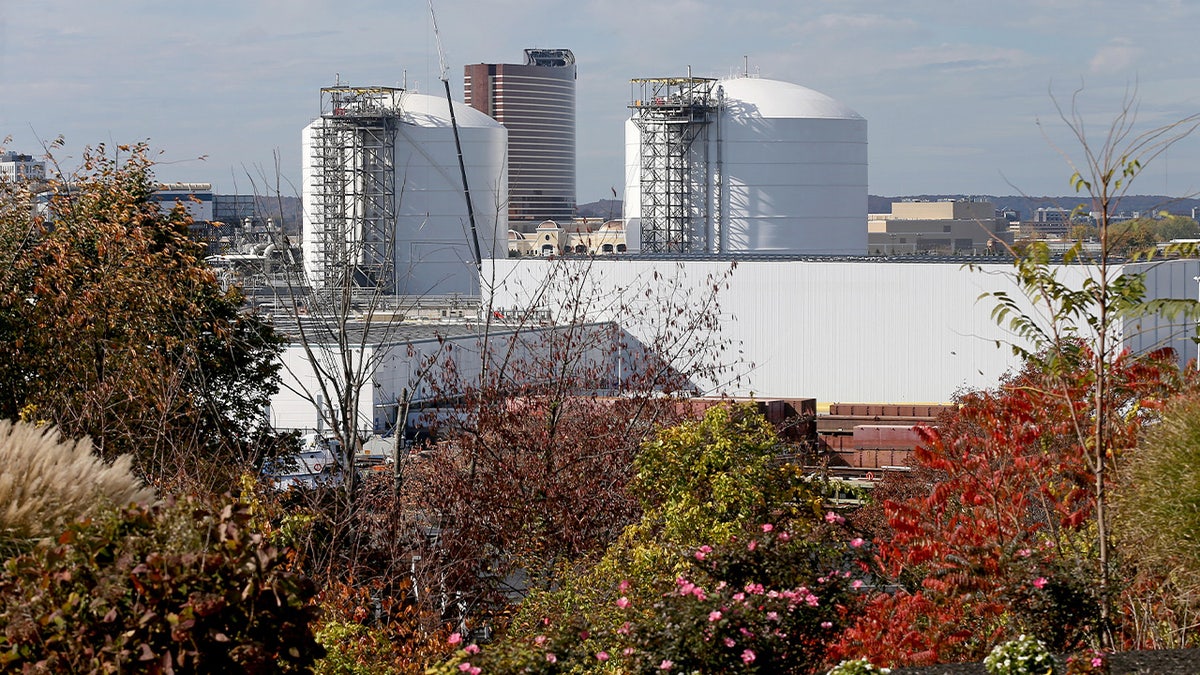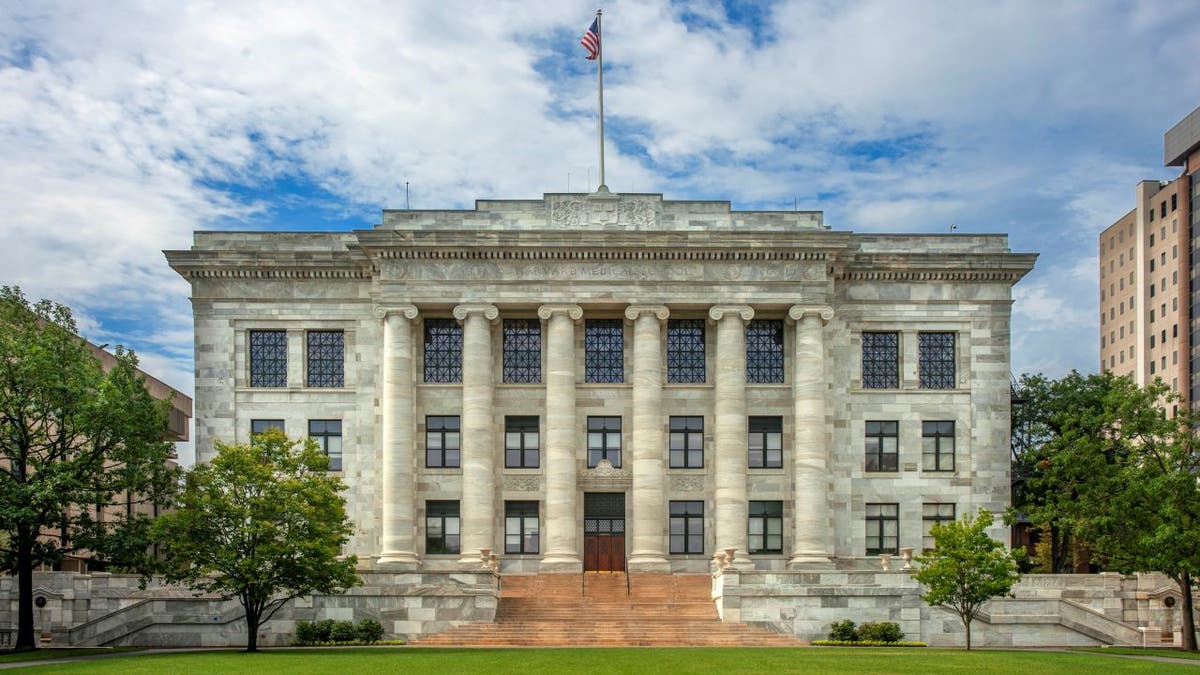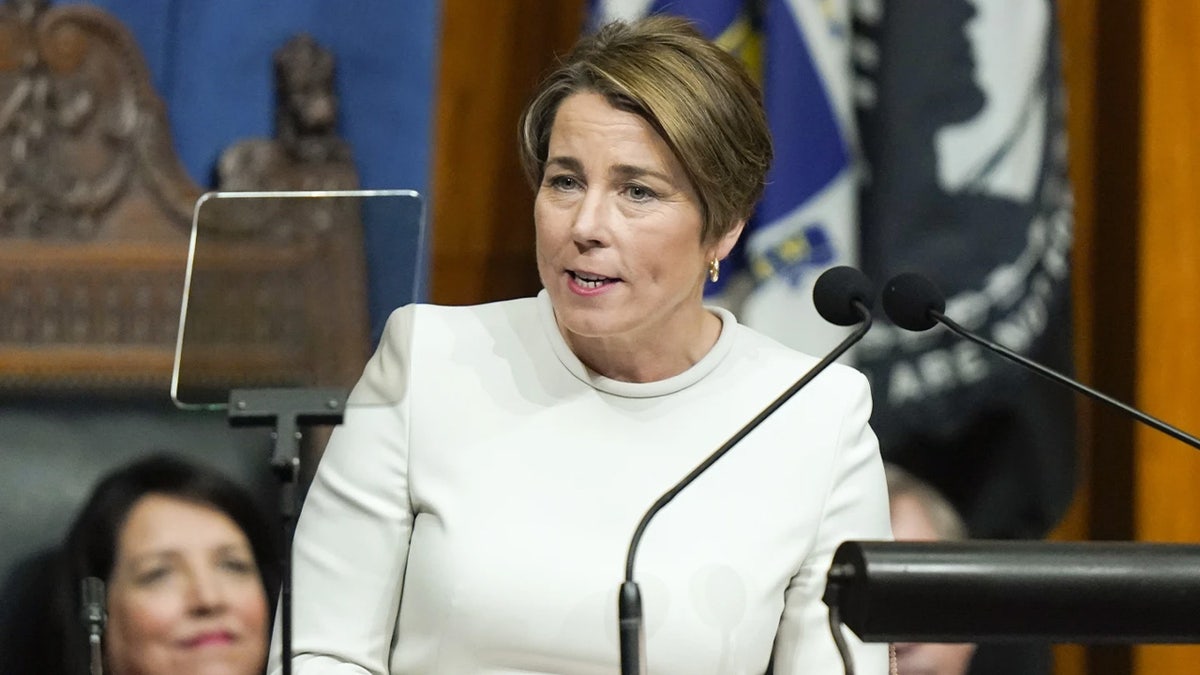
Millions of Americans in New England would face an elevated risk of heat and power shortfalls during the winter if a potential plan to shutter a major natural gas terminal proceeds, the Federal Energy Regulatory Commission (FERC) warned this week.
In a rare joint statement issued Monday, FERC, the nation’s top energy regulator, and the North American Electric Reliability Corporation (NERC), a lead independent grid watchdog, said there would be “serious concerns” about local energy reliability and affordability without the Everett Marine Terminal. The Everett, Massachusetts, facility, which receives 99% of all U.S. imports of liquefied natural gas (LNG), may cease operations in 2024.
“Although there was evidence that the retirement of Everett would be ‘manageable’ for the electric system, at least in the near-term, given anticipated new resource deployments and transmission development, minimal load growth, limited resource retirements, and increased reliance on non-natural gas generators, the evidence indicates that, should those expectations not materialize as anticipated, ensuring reliability and affordability could become challenging in the face of a significant winter event,” FERC and NERC said.
“As discussions regarding the future of Everett continue, we encourage all parties to keep reliability and affordability at the center of those negotiations,” they continued. “With respect to the natural gas system, we recognize that the reliability needs turn, at least for the foreseeable future, largely on facilities subject to the New England states’ jurisdiction.”
BIDEN ADMIN OKS MAJOR PACIFIC NORTHWEST GAS PIPELINE IN BLOW TO ENVIRONMENTALISTS, DEMS

The Everett LNG Marine Terminal on Oct. 31, 2022, in Massachusetts. The terminal receives 99% of total U.S. LNG imports, according to federal data. (Matt Stone/MediaNews Group/Boston Herald via Getty Images)
While the Everett LNG terminal’s operator Constellation has yet to confirm it will shut the facility down, the energy company is planning to retire its nearby natural gas-fired power plant which is fed by imports that come through the marine terminal. The company said in 2020 that due to a grid operator’s order, it did not “see a path to continue commercial electric generation” at the power plant.
“We have not made a decision to retire Exelon Generation’s nearby Everett Liquefied Natural Gas Facility,” Constellation said at the time. “We are continuing to evaluate Everett’s future and are hopeful that it will continue to operate following Mystic’s retirement.”
BIDEN ADMIN HAMMERED BY DEMS, GOP ALIKE AFTER LATEST CRACKDOWN ON OIL PRODUCTION
The potential closure of the LNG import terminal – which, in addition to being the nation’s main facility of its kind, is connected to regional pipelines, a natural gas utility and the retiring power plant – triggered the Massachusetts Department of Public Utilities (DPU) to announce an effort to assess the action’s potential impact on reliability of service.
The agency inquired about the impacts with the state’s main gas companies Berkshire, Eversource, Liberty, National Grid and Unitil.

Harvard Medical School in Boston, and other major institutions like Massachusetts General Hospital, rely on gas imports that flow through the Everett LNG terminal. (Sergi Reboredo/VW Pics/Universal Images Group via Getty Images)
“In the event that the Everett Marine Terminal were to cease operations next year, the cost implications are unknown but anticipated to be significant,” Eversource, New England’s largest energy provider, wrote to the DPU in July. “Even with the EMT in operation, New England is an extraordinarily gas-constrained region.”
“There are limited alternatives to the flexibility, volume and reliability that the Everett facility provides from a gas resource perspective,” it continued. “The EMT is uniquely positioned at the end of the pipeline and provides the region’s ‘reserve margin.’ Simply stated, the Everett LNG facility is irreplaceable today in terms of meeting gas supply needs.”
INSPECTOR GENERAL WARNS BIDEN ADMIN’S $400 BILLION GREEN ENERGY LOAN PROGRAM IS RIPE FOR ABUSE
The company added that the terminal feeds the Cambridge gas distribution system, which sustains large educational, research and scientific institutions like Harvard University, MIT, Biogen, Novartis, Pfizer, and the Mass General Brigham Healthcare System. Eversource said that without a reliable source of gas supply, “these operations are jeopardized.”

Massachusetts Gov. Maura Healey delivers her inaugural address at the State House on Jan. 5 in Boston. (AP Photo/Steven Senne, File)
And ISO New England, which oversees the grid in the region, said in a May report assessing the impact of a potential shutdown of the Everett terminal that it “continues to believe that the region would be prudent to retain its limited gas infrastructure in the mid-term.”
The potential shutdown of the terminal, meanwhile, comes as Massachusetts and surrounding states in the region continue to aggressively push a transition from fossil fuels to green energy sources including wind and solar. In early January, on her first day in office, Democratic Massachusetts Gov. Maura Healey appointed the state’s first-ever climate chief and established a new Office of Climate Innovation and Resilience.
CLICK HERE TO GET THE FOX NEWS APP
“The climate crisis is Massachusetts’ greatest challenge, but there is enormous opportunity in our response,” Healey said at the time.
“I’m filing this Executive Order today, on the first full day of the Healey-Driscoll Administration, because we have no time to delay,” she continued. “It’s essential that we begin coordinating our climate policy across all state agencies and all communities in Massachusetts so that we can make the progress we so urgently need and drive our clean energy economy.”







